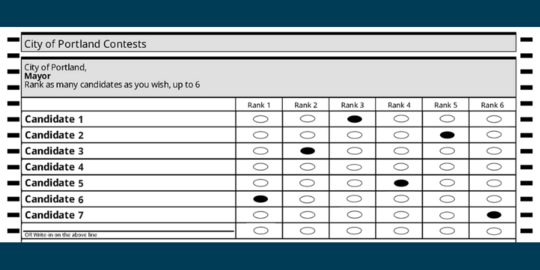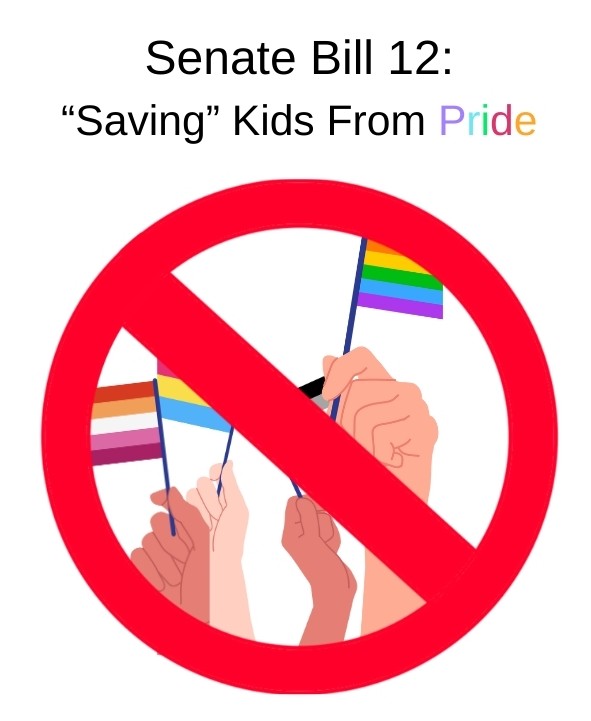As of this school year a new policy has been placed which prohibits the use of phones during class time in order to increase productivity. Administrators have directed teachers to confiscate any students’ electronic devices, other than their Chromebook, if used during class time in or outside of the classroom.
This policy will do more harm than good and most likely fail to increase students’ productivity.
Majority of the students who are currently enrolled on campus have had a phone since middle school, or even earlier. This being said, these students are used to having their phones on them throughout the day. Teachers often argue that when they were in high school they didn’t have their phones, but this was also a different time when smartphones weren’t the norm. Unlike their teachers, this generation has grown up with technology and students have become accustomed to doing their schoolwork with their phone near them at all times. The new policy breaks students out of this cycle, which messes up a routine students have been used to for years. Since students are so used to being allowed to use their phones, they will likely attempt to use it during class time and hide it from their teachers, which will result in more students being punished and therefore angry.
Another factor to consider is that high schoolers have more responsibilities than middle and elementary students. Students with responsibilities may need to use their phone in order to communicate with their bosses and parents. Only allowing students to communicate on their phones during lunch does not give them enough time to fulfill their responsibilities. Not only do teenagers use their phones as a way to stay responsible, they also use it as a main form of communication with their peers. Unlike older generations, students have always been able to text one another during school and have utilized this advantage in many ways, including meeting up with friends and discussing assignments. By taking away students’ phones the campus is taking students’ communication during school hours.
Though it may not seem like it, phones can be helpful in the classroom. Already this year, the phone policy has had to be broken in order for AP and College Board students to enroll in their courses. When the internet went down Aug. 17, many students were unable to get any work done, as most work is online. In the past, when Chromebooks didn’t connect to the internet students were able to do their schoolwork on their phone or connect their Chromebook to their phone’s hotspot. Without the internet, teachers had to print copies of the work or students would have to sit there all class and most likely be assigned the work as homework.
Another way phones have helped students is the use of E-hallpass. As of last school year, in order to leave a classroom students had to make an online pass using e-hallpass.com which had to be approved by the teacher the student was going to. When students are working together on a project, it is common for a student to make a hall pass to their partner’s classroom when they have time to work together. Without being able to text their partner, students won’t be able to let their partners know when they can or can’t do their work together in any form other than e-mail which is notorious for taking hours to send.
Banning phones from classrooms in this day and age is unsuitable. Numerous students have a difficult time concentrating in class due to all the distractions around them and have used noise canceling headphones or listen to music during class to focus. Without a phone to use during free time, students are going to be bored and talk to one another. All the talking will increase the noise in classrooms throughout campus making it harder for students who need a quiet workplace, which is unfair to not only the student who is struggling but the students who will be punished for connecting with their peers when they have nothing else to do.
It is a no-brainer that phones can be distracting during class time, but completely removing them from the classroom is not the best way to solve this issue. In order to increase student productivity, administrators should put limits on phone usage during class time instead of completely banning the usage of them, which will strand communication and therefore connections between students, put students in stress and possibly make learning harder for some students. Students should be able to listen to music during work time as long as they aren’t actively on their phones. To make sure this is what’s happening, teachers could have students place their phones at the top corner of their desk. Once students are done with their work they should be able to use their phones if they are passing all of their classes. If a student doesn’t abide by this reasonable set of rules it would then be understandable for their teacher to take their phone. Doing this would help students and motivate them to pass their classes.







